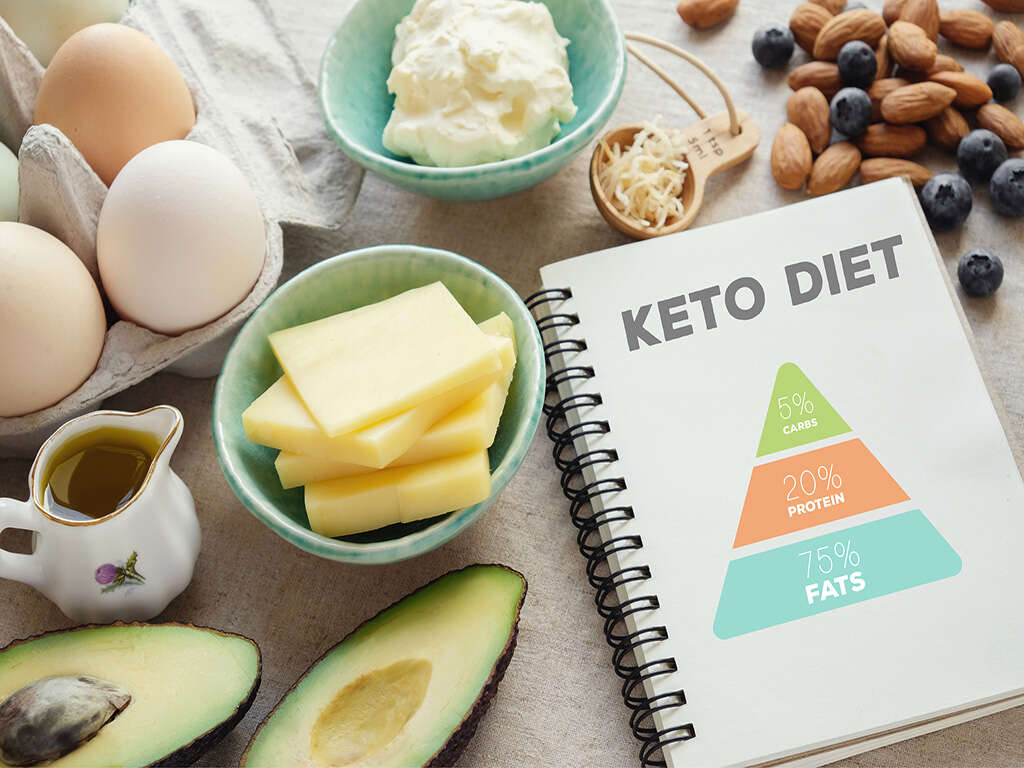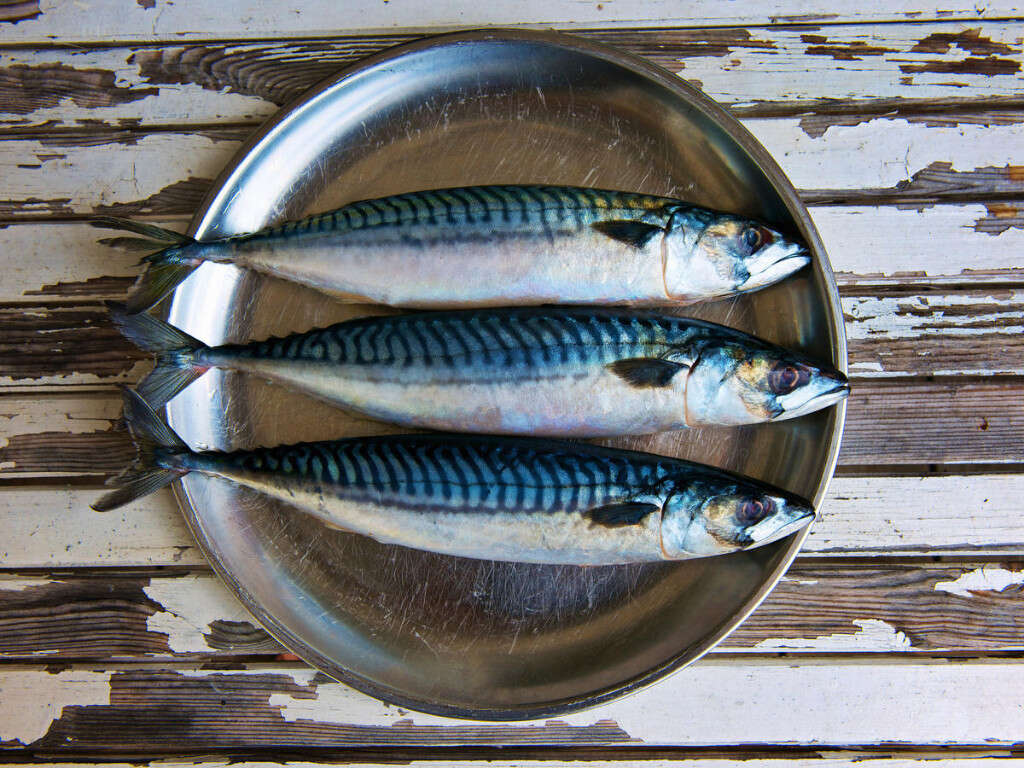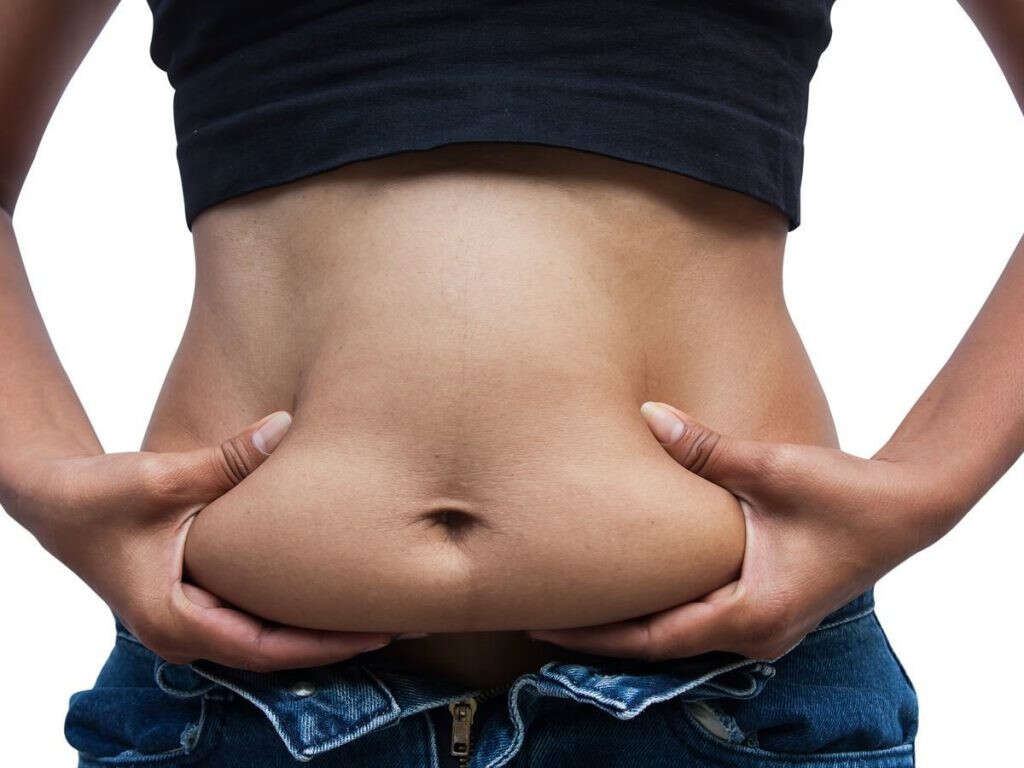10 Signs of Ketosis
Ketosis is part of the metabolic process of the body. It happens when the body does not have enough carbohydrates from food that help your cells burn up for energy. During ketosis, the body starts burning fat instead. The liver then creates ketones, which is a type of acid and enters the bloodstream. This fat is then used by the muscles and tissues to be used as fuel.
With eating a well-balanced diet, the body is able to control how much fat is burned and does not normally make or use ketones. However, when carbohydrate intake is reduced, the body will use ketosis for energy. It is dangerous when ketones build up in the body and can lead to chemical changes and dehydration. Ketosis can be a sign of insufficient insulin amount for those with uncontrolled diabetes. There are a few signs to know if a person is in a ketosis state.
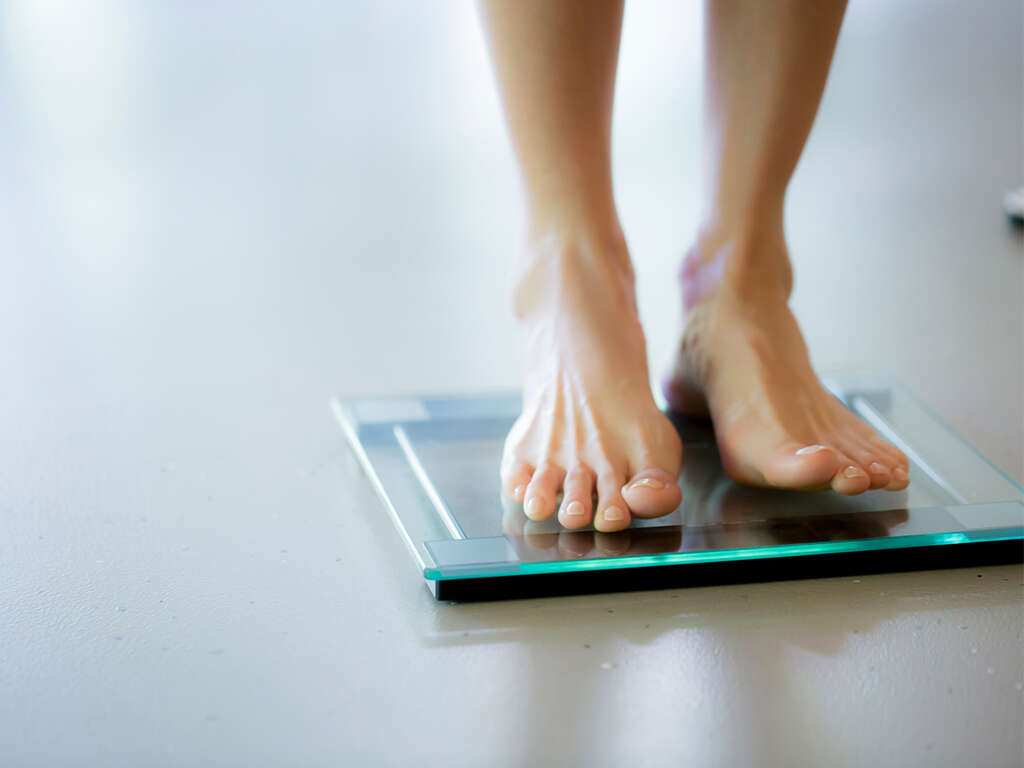
Ketosis Sign #1: Weight Loss
Losing weight is a sure signal that the body is switching to ketosis. This is due to the body using stored glycogen and water which leads to the rapid effect of weight loss. This can occur during the first week of a low-carbohydrate diet. Long-term weight loss also occurs by consuming a ketogenic diet.
The ketogenic diet has been a popular trend with people who want to lose weight. Consuming a low-carbohydrate diet may have many benefits. Many studies have concluded that lowering carbohydrate intake can contribute to greater improvement for risk of coronary heart disease, lowering triglycerides, insulin sensitivity, and weight loss.

Ketosis Sign #2: Bad Breath
When the body reaches ketosis, the number of ketones are elevated in the body. When the body produces a high level of ketones, it is then expelled from the body through urine and the breath. The three common ketone forms are acetoacetate, beta-hydroxybutyrate, and acetone. This creates the unique smell of a ketosis breath, which is sweet and fruity. However, with an excess amount of acetone in the body, the breath can smell more like nail polish. Why nail polish? Nail polish contains acetone.
There are ways to alleviate the bad breath: by brushing your teeth several times a day, oral rinses, and sugar-free gum. Adding carbohydrates can help lower the levels of ketones in the body.
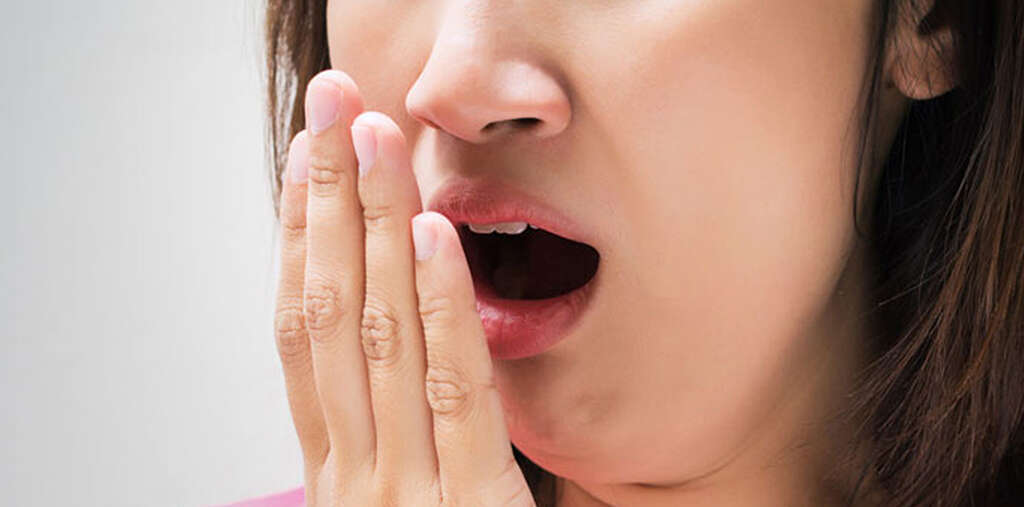
Ketosis Sign #3: Sudden Boost and Loss of Appetite
Since ketosis is a metabolic process, both a sudden boost and loss of appetite may happen during this process. When ketosis is present, this tells the body that it is hungry due to starvation. The stomach and the liver sends signals to the brain and avoids the feeling of satiety. Later, the body becomes accustomed to how the body is using fat and does not feel hungry anymore. This is the sudden boost and loss of appetite.
There are many different studies regarding the sudden boost and loss of appetite in the body during ketosis. Future studies should investigate the level of ketosis that is needed for appetite suppression.

Ketosis Sign #4: Digestive Issues
When the body is accustomed to utilizing carbohydrates for energy, ketosis can have an effect in the digestive system when the body does not have this available in the system. Constipation and diarrhea are usually seen when people are in ketosis. This is due to the low amount of fiber which is needed for good gut health.
Foods that are high in fiber and carbohydrates are essential to the digestive tract to prevent constipation. Whole plant foods are regulated during low-carbohydrate diets and ketogenic diets. However, processed carbohydrates are eliminated which can help the gut. To prevent this from happening, consuming low carbohydrate, but high fiber foods are recommended such as broccoli, avocados, and cauliflower.
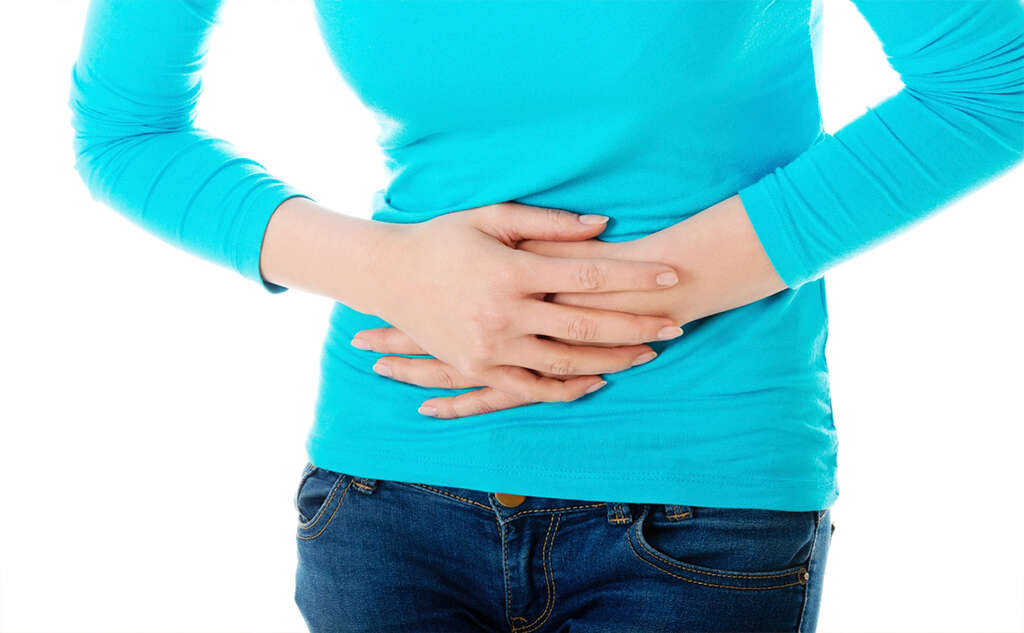
Ketosis Sign #5: Ketones in the Blood and Urine
During ketosis, the number of ketones are elevated in the body. Blood sugar levels are reduced and there is an increase in ketones in the blood and urine. A specialized meter is used to measure ketosis in the blood. Beta-hydroxybutyrate is measured in the blood to check the ketone levels. This is one of the ketones that is detected in the blood. The blood measurement is the most accurate way to indicate ketosis.
If one should not like to obtain a blood test, a urine test can also be done to measure the presence of ketones. Indicator strips can be purchased over the counter and is a cheap way to detect ketones.

Ketosis Sign #6: Dry Mouth
Bad breath is one of the signs mentioned earlier that happens during ketosis. As the sweet smell or acetone breath takes place, it also occurs with dry mouth. Dry mouth is the result of ketosis and the effects of ketones in the body. This happens when a person consumes minimal carbohydrates in combination with a low sodium diet. Dehydration starts to occur since glycogen stores are being emptied. The number of fluids lost can cause the dry mouth and even increase thirst.
Dry mouth can be alleviated by drinking broths, liquids, and those in ketosis should make sure they are hydrated to prevent additional problems.
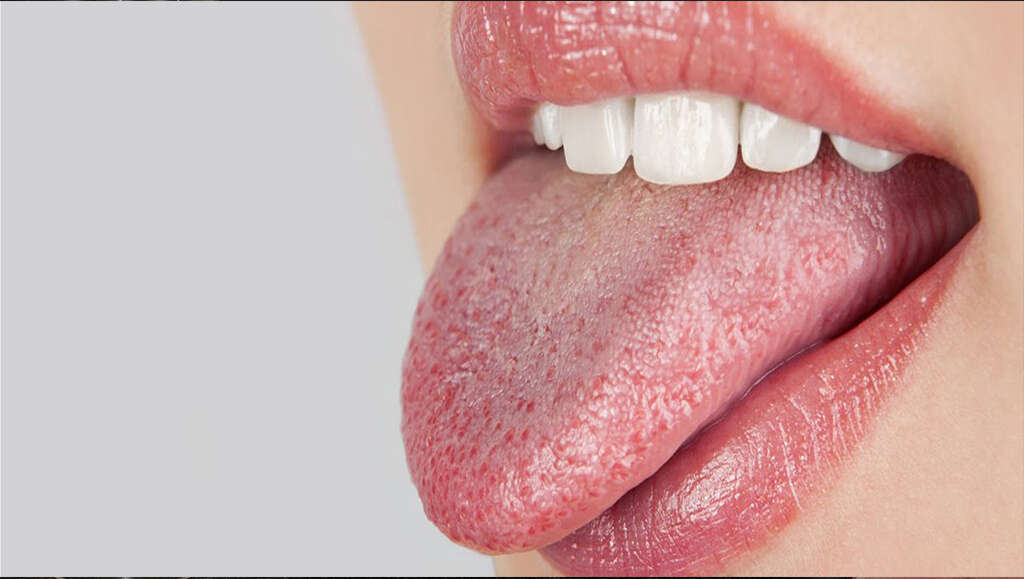
Ketosis Sign #7: Increased Long-Term Energy and Improved Brain Function
There are many symptoms during ketosis and there are long-term benefits of ketosis. When the body does not have a high level of carbohydrates, it starts to use fat as fuel. Short-term symptoms may include fatigue during the beginning of ketosis, but when the body adapts it suddenly creates energy. The brain starts to burn ketones instead of glucose.
Studies have shown that ketosis helps people focus more. In one study 23 older adults with mild cognitive impairment were selected and findings have shown that a low carbohydrate consumption improved memory function and those at risk for Alzheimer’s disease. The long-term effect of ketosis may have its benefits to health.

Ketosis Sign #8: Increased Short-Term Fatigue
Our bodies are used to using carbohydrates for fuel and energy. When the body needs to adapt to a metabolic change such as ketosis, there are side effects that happen right away. Increased short-term fatigue happens during ketosis. As ketosis does not happen overnight, it takes about one week to a month to reach this state.
Fatigue may happen due to the reduction of electrolytes since the body eliminates water during ketosis. As the body adapts to the use of fat as its energy source, it is recommended that fluid intake needs be met to help restore and balance the body’s essential nutrients.

Ketosis Sign #9: Insomnia
Insomnia is a condition when a person has difficulty falling asleep or staying asleep. Glucose is used to keep energy constant in the body. Most importantly they help the uptake of the amino acid L-tryptophan into the brain. L-tryptophan helps produce serotonin, which helps the body relax and sleep. Since the body is in ketosis, this amino acid is not present. This can be the cause of why insomnia is a symptom during ketosis.
More studies regarding why ketosis has an effect with sleep are needed. One study showed during ketosis phase the control subjects were seen to have a decrease in REM sleep and slow wave sleep (deep sleep) was increased.

Ketosis Sign #10: Thirst
Thirst is usually a sign of dehydration. Many of the ketosis signs are similar to dehydration. When the body is no longer storing energy in glucose, the person begins to feel thirsty. When a person consumes minimal carbohydrates in combination with a low sodium diet, there tends to be an electrolyte imbalance due to the amount of fluids being lost as well. Dehydration may start to occur since glycogen stores are being emptied.
As mentioned before, excessive thirst along with bad breath and dry mouth can occur. It is important to adjust the intake of fluids for the number of nutrients needed in the body. It is important that during ketosis, electrolyte balance is met.






